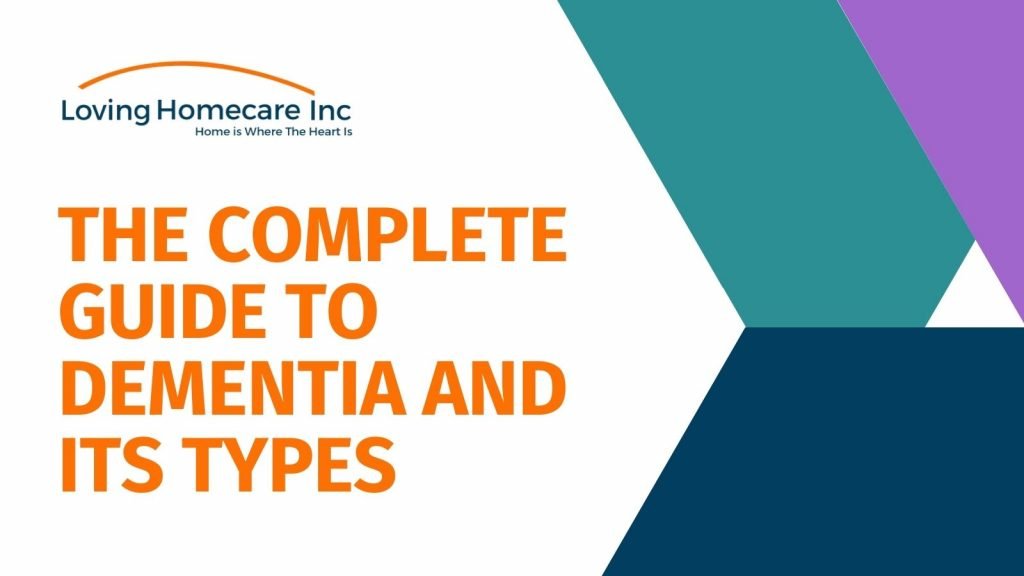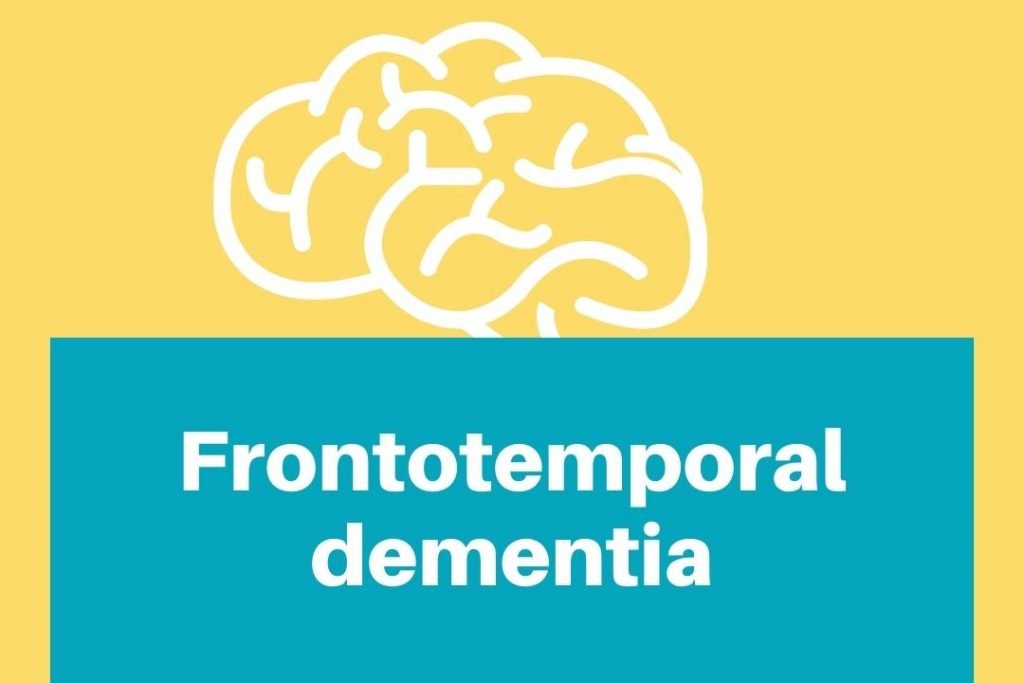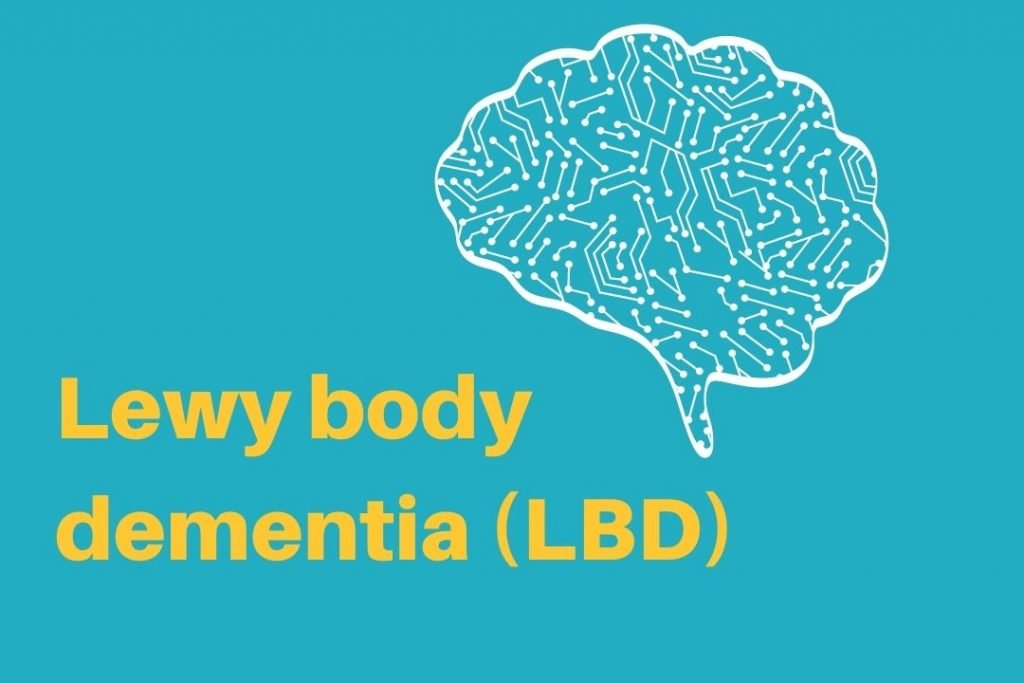Recently updated on January 19th, 2026 at 11:59 am
Dementia is a term used to define symptoms that lead to a person’s memory loss and the ability to perform, think, work, remember reasoning, language, and behavior in society. It later affects essential brain parts, such as the entorhinal cortex and hippocampus—both of these parts of the brain help in performing our daily activities. Hence, weakening these brain parts affects the person’s everyday life.

How dementia could affect your daily life?
Dementia can affect your daily work and life big time. It involves little things at the early stages, such as being unable to make your bed or having trouble doing your laces. Moreover, having difficulty recognizing the names of your close friends and family members can be pretty astonishing and troublesome for a person with dementia which can cause insomnia and anxiety, leading to depression.
Enhanced dementia screening approaches now utilize new biomarkers and digital tools, such as AI-powered apps and wearable health monitors, enabling earlier and more accurate detection. These innovations help in monitoring cognitive changes and alerting caregivers to early warning signs, improving intervention outcomes and family planning.
What are the different types of dementia?
Listed below are the different kinds of dementia. Alzheimer’s is the most common type of dementia, and there’s a 60 to 80 percent chance that a dementia patient has Alzheimer’s disease.
Most people think of dementia as Alzheimer’s.
- Alzheimer’s disease
- Vascular dementia
- Frontotemporal dementia
- Huntington’s Disease
- Lewy body dementia
- Mixed dementia
1. Alzheimer’s disease
Alzheimer’s is the most common type of dementia. Its symptoms include memory loss, trouble identifying familiar things, and forgetting the names of close family members or friends. Like most dementia types, it also has stages; and if not controlled by medicines, it can deteriorate. This type of dementia can be inherited, and family history can significantly cause this disease.
The following examples may help in identifying Alzheimer’s disease at an early stage,
- Forgetting the way to your neighborhood
- Constantly forgetting the names of very close family members
- Having trouble doing everyday work
- Forgetting the past
- Repeating a thing that was done a few minutes before
- Forgetting what was said a few moments ago.
- Having trouble identifying, judging, communicating, remembering, etc.
2. Vascular dementia
People diagnosed with this type of dementia have a history of brain injury, a severe stroke, mini-stroke, heart diseases, high blood pressure, diabetes, etc. This also results in vascular dementia. Unlike Alzheimer’s, vascular dementia starts with difficulty communicating, decision-making, organizing things, etc.
This type of dementia cannot be cured, but it can stop it from worsening. If another stroke occurs, it can worsen.
The following examples help in identifying vascular dementia at an early stage,
- Trouble identifying,
- Trouble organizing everyday things,
- Trouble communicating,
- Getting confused while speaking
- Depression
- Trouble sleeping
- Not being able to control urine
- Difficulty in planning, ordering and analyzing a situation
3. Frontotemporal dementia
The person with Frontotemporal dementia has established damage in brain cells, resulting in difficulty speaking and judging, etc. The person with this disorder may sometimes burst out with emotions and nasty words to lose control.

The following examples help in identifying frontotemporal dementia at an early stage,
- Sudden personality variations
- Trouble with language skills,
- Losing control over emotions,
- Having trouble maintaining balance
- Trouble moving,
- Sudden shivering in the body
4. Huntington’s Disease
Like a vascular disease, Huntington’s disease also becomes a cause of dementia, resulting from family history. It is inherited from a close family member and shows symptoms right after your 20s.
People with Huntington’s disease get the same symptoms as other dementia;
- Loss of concentration
- Loss of memory,
- Trouble organizing, planning, and managing situations
5. Lewy body dementia (LBD)
Lewy body dementia happens when very unusual protein deposits into the brain. These proteins are microscopic and cannot be seen by the naked eye. This abnormal procedure disrupts natural brain activities such as memory loss, slowing down everyday activities, and much more.

Following activities can help identify LBD at an early stage,
- Performing everyday tasks slowly, such as eating for hours
- Forget what they have said
- Blanking out or constantly getting zoned out
- A person with severe LBD may have hallucinations as well
- Having dreams where you act out in sleep, kicking, punching, walking, etc.
6. Mixed dementia
This type of dementia is a combination of two or more diseases, generally Alzheimer’s and vascular dementia.
Mixed dementia is found mainly in people over 70 – 80 as they have suffered a stroke and usually have high blood pressure, etc. They have the same symptoms as seen in Alzheimer’s and vascular diseases.
More causes of dementia
Scientists have found more diseases that cause dementia or symptoms similar to dementia. These include
| More causes of dementia | Description |
|---|---|
| HIV-associated dementia | As the name suggests, it happens when the HIV virus spreads to the whole body and gets to the brain. It damages the brain’s normal functioning, such as walking, talking, speaking, language, emotions, memory loss, etc. |
| Chronic traumatic encephalopathy | This disorder has not yet been studied that well, but it is mainly caused by any trauma, brain, or head injury. |
| Creutzfeldt-Jakob disease | This disease has almost the same symptoms as the one in Alzheimer’s. It is caused when brain proteins transform into abnormal shapes and deform. |
| Argyrophilic grain disease | This disorder occurs due to the weakening of the brain and other organs. |
| Wernicke-Korsakoff Syndrome | It is caused by a shortage of vitamin b1 in the body and usually in people with heavy drinking problems. |
| Normal Pressure Hydrocephalus | This sort of disorder is curable, caused by a liquid build-up in the brain; once the liquid is drained out, it can be cured. |
As seen above, it is difficult to identify how many different types of dementia, some as many diseases and disorders that lead to dementia. Not every type of dementia can be cured, but everything becomes more manageable if dealt with love and care.
Is dementia an illness, disease, or disorder?
Dementia, also known as Major Neurocognitive Disorder (MND), is the deterioration of cognitive domains; information, perception; application; examination, combining; and assessment. Dementia is not a disease; somewhat a general term, a collection of some symptoms that affects a person’s memory. Dementia has Its types, and they vary in symptoms and severity; some contain hope of curability; however, others can be managed, and their deterioration process can be slowed down.
Disease
Experts define the disease as a disorder in the normal functioning of any organ. Specific causes and symptoms follow it. The disease is related to particular symptoms and reasoning.
Disorder
As the word suggests, any part of the body’s disrupted functioning is called a disorder.
Syndrome
The syndrome is a set of different medical conditions and symptoms that may correlate and are often related to a disease or disorder.
Hence dementia is considered a syndrome, a collection of states, symptoms, and disorders.
Planning As Much As Possible
Finally, when preparing for life after a dementia diagnosis, it’s essential to plan as much as possible so your loved one will continue receiving high-quality care even if their condition changes quickly over time.
Consider researching local respite options and adult day care centers, many of which now implement standardized, evidence-based programs like the SHINE® model for improved dementia care. Additionally, AI-powered companions and digital platforms can provide real-time monitoring and support, reducing caregiver workload and enabling earlier intervention.
At the same time, you take breaks from your role as a caregiver. Ultimately, being proactive about managing caregiving responsibilities will give you and your loved one peace of mind during this challenging process.
The landscape of dementia care is evolving with technology and personalized models. Programs like the CMS GUIDE Model enhance access to care and resources, while smart home technologies—including voice-activated assistants and automated medication dispensers—boost safety for seniors living alone. AI companions offer emotional support and early health issue detection, reducing caregiver strain and improving well-being.
Conclusion:
Dementia, in short, is a loss in Cognitive Functions and the ability to think, remember and reason about something.
To prevent dementia, adopt a holistic approach that includes a balanced diet low in processed foods, regular physical activity, and avoiding smoking and excessive alcohol. Recent strategies also emphasize vitamin supplementation for cognitive health, along with mindfulness and structured exercise programs that reduce risk factors. Innovations like fall prevention technologies and smart home systems further support independence and safety.
A dementia illness can be a scary thing. It can raise many questions and concerns and make you feel like you have no control over the situation. But it is important to remember that while there is no cure for dementia, there are treatments available that can help manage its symptoms. Providing specialized care for dementia disease is the best solution, as caregivers are well-trained to deal with patients.
